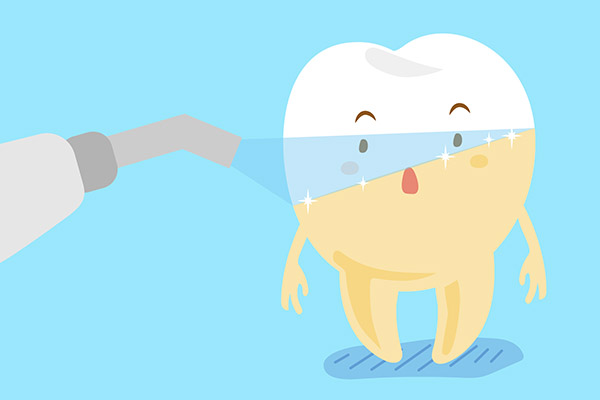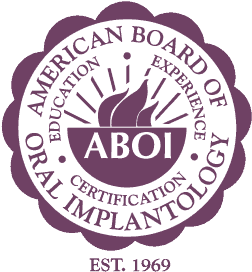 Laser teeth whitening is a popular type of smile restoration that helps remove years of stains for more beautiful teeth. Still, certain groups may need to avoid this type of treatment for health reasons. Just as with many other practices, the rules for teeth whitening are different for pregnant and nursing mothers, and it is important to understand the reasoning behind them.
Laser teeth whitening is a popular type of smile restoration that helps remove years of stains for more beautiful teeth. Still, certain groups may need to avoid this type of treatment for health reasons. Just as with many other practices, the rules for teeth whitening are different for pregnant and nursing mothers, and it is important to understand the reasoning behind them.
Pregnancy guidelines
Much has been learned about the effect of certain foods and chemicals on unborn babies, leading to a rather long list of things to avoid during pregnancy. When in doubt, speak with a doctor about what is considered safe during this time.
Keeping mother and baby safe
During pregnancy, almost everything that is consumed or absorbed by the mother is transferred to the developing baby. This includes the hydrogen peroxide that is present in most professional and over-the-counter whitening products. It is highly unlikely that this chemical is absorbed in large enough amounts to cause developmental harm. However, there is not enough research to determine whether or not this type of treatment is 100% safe for unborn babies. Therefore, experts recommend that pregnant women do not use any type of teeth whitening treatment, including laser teeth whitening.
Alternatives for expectant mothers
While it is safest to avoid whitening treatments while pregnant, there are natural ways a mother-to-be can maintain a beautiful smile. First and foremost, it is important to keep up with routine dental care. The physical changes that occur during pregnancy can cause an increase in gum inflammation and irritation. Some women schedule additional cleanings as an extra precaution against decay and disease during this time.
Baking soda is a simple home remedy that can be used to help whiten teeth. However, patients should exercise caution when using this method. Baking soda is abrasive and can harm tooth enamel when used too often or too aggressively.
While whitening treatments, such as gels, trays, and strips, should be avoided during pregnancy, whitening toothpaste is generally considered safe. Still, many experts recommend avoiding products that contain peroxide and alcohol just to be safe. Everyday use of these ingredients could be problematic in expectant mothers.
Nursing guidelines
The rules for monitoring ingredients do not necessarily stop once a baby is born. Mothers who choose to breastfeed still have to be mindful of many things that can be passed to the baby through breastmilk. Fortunately, hydrogen peroxide does not transfer through breastmilk, and laser teeth whitening is perfectly safe for nursing mothers. In fact, it can be a great way for new moms to gain a boost of confidence while doing something positive for themselves.
Conclusion
Laser teeth whitening is safe for most adults, including mothers who are breastfeeding. However, there is not enough conclusive information to deem this treatment safe for pregnant women. Natural alternative methods should be used until the mother has delivered the baby.
Request an appointment or call Encino Cosmetic & Dental Implants at 818-578-2333 for an appointment in our Encino office.
Related Posts
A common cosmetic dental complaint is stained or discolored teeth. The good news is there are numerous options, including laser teeth whitening, that can brighten the teeth and improve the smile without using invasive procedures. Many people choose to get in-office teeth whitening because it tends to have better and longer-lasting results. However, dark-colored foods…
Laser teeth whitening puts gums and other soft tissues of the mouth at risk of irritation and injury. Sometimes, the whitening gel still touches the gums, and this can be a painful ordeal. Knowing this possible risk can help prepare you for your upcoming laser teeth whitening treatment. If you want to know more about…
Laser teeth whitening can remove the most stubborn stains and help dental patients smile confidently. The process has been a staple of cosmetic dentistry for many years, and most patients tolerate it well, with minimal discomfort. Under the auspices of the United States Department of Health and Human Services, the Food and Drug Administration approves…




